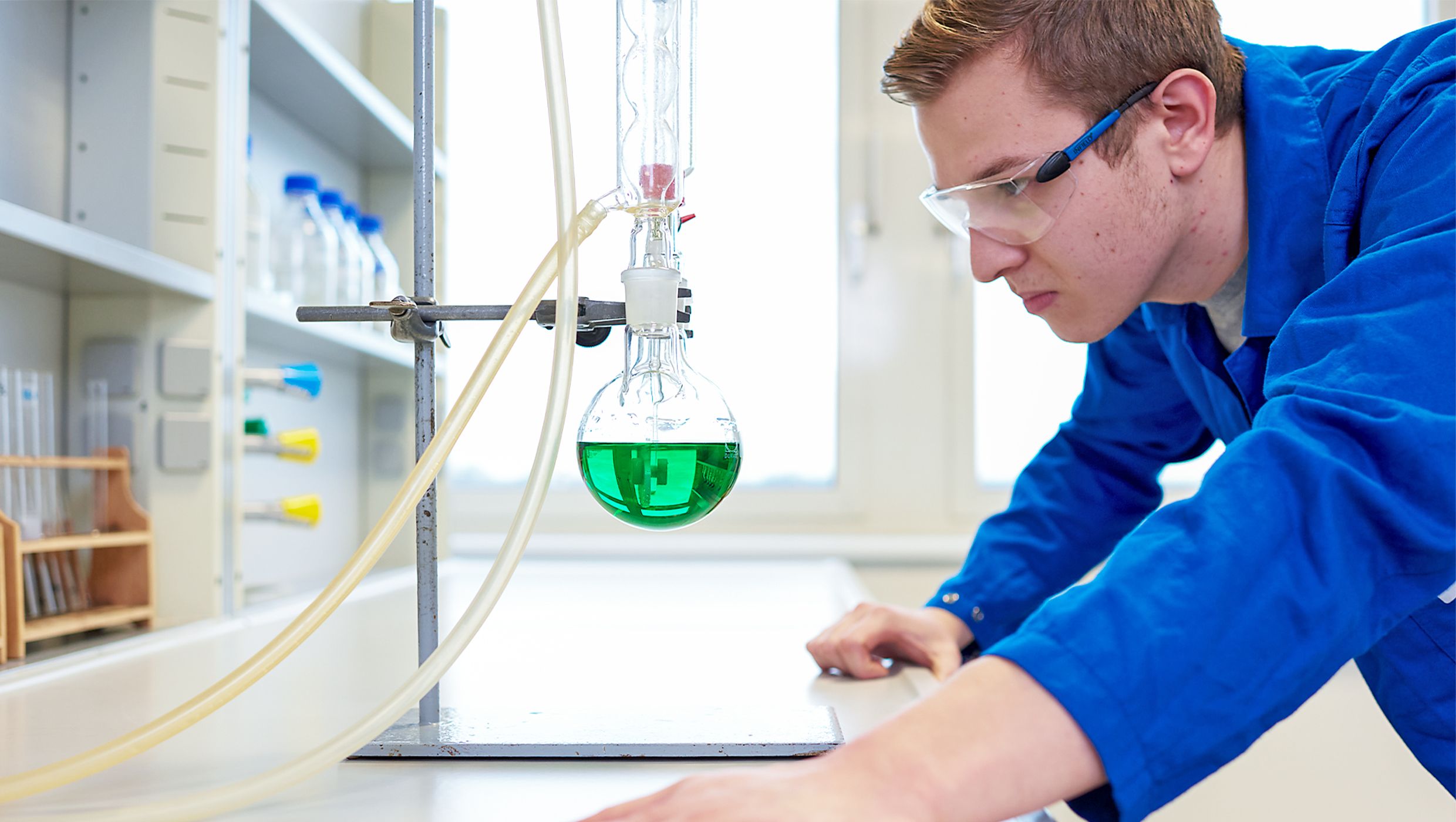Prescribing a greener tomorrow: How the life sciences industry is improving its environmental impact
Sustainability is much more than just a buzzword for life sciences companies. For many companies in this industry, sustainability has become a major focus area and the industry is already making great progress. According to ScienceIndustries, the Swiss Business Association Chemistry Pharma Life Sciences, aspects of safety and sustainability are integral components of operational management. And companies are making significant contributions to the reduction of greenhouse gas emissions by optimizing processes for their own plants and supply chains.
Companies go beyond prescribed levels
The consumption of energy and raw materials in the life sciences industry has already been declining significantly for years. Less wastewater and waste are being produced, greenhouse gas emissions are also falling. The industry is not only meeting the increasing requirements of environmental legislation; in many cases, companies are going beyond the prescribed level to protect the environment, climate and natural resources.
Siegfried´s target: -50 percent in CO2
One of the factors contributing to Siegfried’s success in environmental sustainability is the use of innovative technologies like computer modelling, semi-permeable membranes or enhanced distillation techniques. These developments enable high output in next-generation facilities with a smaller physical footprint, less CO2 emissions, and reduced water usage.
All this is reflected in concrete and ambitious CO2 targets many pharmaceutical companies have set themselves and Siegfried is on par with our competitors in this regard. We have set the goal to reduce our CO2 footprint by 50 percent until 2030. In addition, Siegfried will introduce long-term activities conforming to the so-called net-zero target 2050 to limit global warming to 1.5°C via the reduction of greenhouse gas emissions.
Sustainability is a company core value
This development is also reflected in current achievements. In the first half of 2023, Siegfried reduced energy consumption by 8.6 percent with total energy consumption is expected to be reduced by 10 percent in 2023 alone. And the share of renewable electricity is currently 73 percent.
The importance of sustainability for Siegfried is also shown by the fact that it has been one of our five core values since 2019. Furthermore, in 2021 we created the Corporate Sustainability Board, an interdisciplinary body that coordinates and pools Siegfried’s sustainability activities.
These efforts are being recognized by external parties and independent institutions. In addition to certifications such as the “Prime” rating from ISS ESG Rating and “AA” from the MSCI ESG Rating, Siegfried is also included in the respected Dow Jones Sustainability Index Europe.

